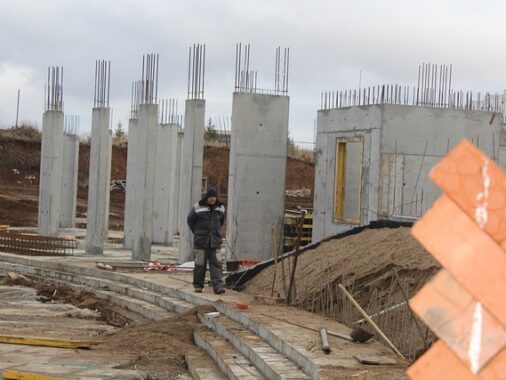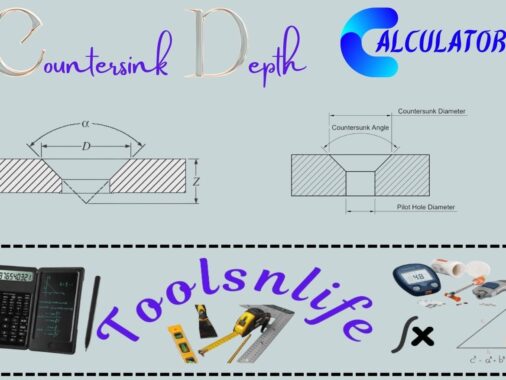Accurate Vinyl Siding Estimation for Your Home Project
Our comprehensive vinyl siding calculator helps homeowners and contractors accurately estimate materials and costs for any siding project. Whether you’re working on a standard wall or a gable end, this tool provides detailed calculations based on your specific measurements.
Understanding Vinyl Siding Measurements
Before using our calculator, it’s helpful to understand how vinyl siding is measured and sold:
- Squares: Vinyl siding is typically sold in “squares,” where one square equals 100 square feet of coverage.
- Trim pieces: J-channel, corner posts, and utility trim are measured in linear feet.
- Waste factor: Professional installers typically add 10-15% to account for cutting waste and pattern matching.
Wall Shape
Gable Shape
Factors That Affect Vinyl Siding Costs
While our calculator provides a solid estimate, several factors can influence your final vinyl siding costs:
- Quality and thickness: Higher-quality vinyl siding with greater thickness typically costs more but offers better durability and insulation.
- Style and profile: Traditional clapboard, Dutch lap, scalloped, and board-and-batten styles have different price points.
- Color options: Premium colors and finishes may cost 10-25% more than standard options.
- Insulated siding: Vinyl siding with integrated insulation adds to material costs but improves energy efficiency.
- Regional labor rates: Installation costs vary significantly by location.
- Existing wall preparation: Repairing damaged sheathing or adding weather barriers adds to project costs.
Professional Installation vs. DIY
While vinyl siding is often marketed as a DIY-friendly product, professional installation ensures proper weatherproofing and longevity. Our estimates include typical installation costs, but consider these factors when deciding between DIY and professional installation:
- Skill level required: Proper installation requires knowledge of expansion/contraction requirements, flashing techniques, and trim work.
- Time investment: A professional crew can typically complete a home in 3-7 days, while DIY may take several weekends.
- Warranty considerations: Many manufacturers require professional installation for full warranty coverage.
- Tools needed: Professional installers have specialized tools like vinyl snips, zip tools, and nail guns that improve efficiency and results.
Popular Vinyl Siding Brands Comparison
| Brand | Price Range per Square | Warranty | Key Features |
|---|---|---|---|
| CertainTeed | $120-$180 | Lifetime limited | Color-through technology, extensive color options |
| James Hardie | $130-$190 | 30-year non-prorated | Fiber cement, superior durability |
| Mastic | $100-$150 | Lifetime limited | Good value, variety of styles |
| Royal Building Products | $110-$160 | Lifetime limited | Weather-resistant, energy-efficient options |
Maintenance and Longevity Considerations
While vinyl siding is relatively low maintenance compared to other exterior materials, proper care extends its lifespan and maintains appearance:
- Cleaning: Annual washing with a garden hose or pressure washer (on low setting) prevents dirt buildup.
- Inspection: Check for cracks, warping, or loose panels annually, especially after severe weather.
- Painting: While not typically necessary, vinyl siding can be painted with special formulations if color change is desired.
- Mold/mildew: Solution of vinegar and water or specialized cleaners remove discoloration.
- Expected lifespan: Quality vinyl siding typically lasts 20-40 years depending on climate and maintenance.
Next Steps After Using Our Calculator
Once you’ve used our vinyl siding calculator to estimate your project costs, consider these next steps:
- Get multiple quotes: Contact 2-3 reputable siding contractors for detailed estimates.
- Check references: Ask for references from recent customers and view completed projects.
- Review financing options: Many contractors offer financing, and some energy-efficient siding may qualify for tax credits.
- Verify insurance and licensing: Ensure your contractor is properly insured and licensed in your state.
- Understand the contract: Review all details including materials, timeline, payment schedule, and warranty information.
Final Thoughts
Accurately calculating your vinyl siding needs is the first step toward a successful home improvement project. Our calculator provides a comprehensive estimate, but remember that actual requirements may vary based on specific site conditions, waste factors, and design complexities. For the most accurate assessment, consider consulting with a professional siding contractor who can provide a detailed measurement and quote.
Whether you’re planning a DIY project or hiring professionals, understanding the materials, costs, and process involved helps ensure your vinyl siding installation enhances your home’s beauty, value, and energy efficiency for years to come.




